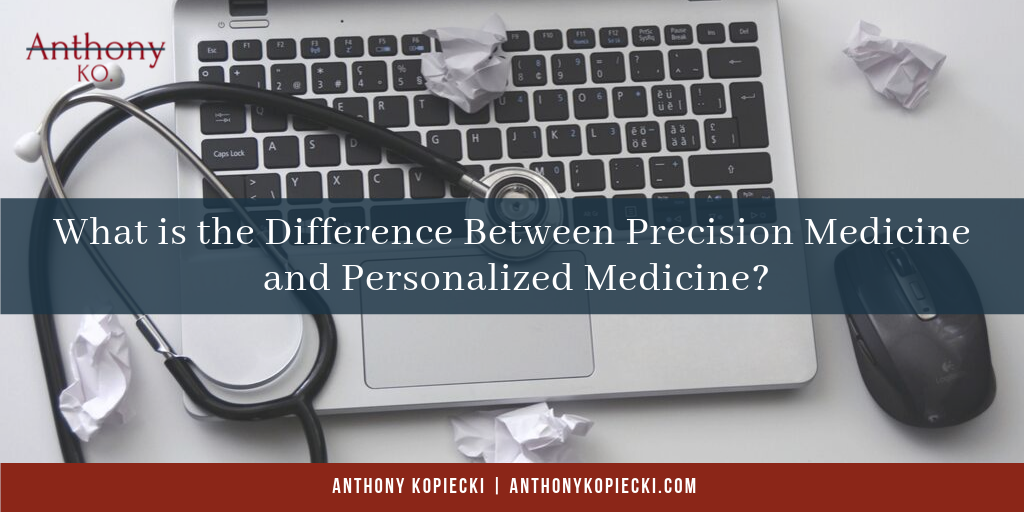Medical professionals and organizations have been working to find the best care possible for their patients. Trending terms in patient care are “precision medicine” and “personalized medicine.” The term personalized medicine has been around for a while but tends to get misinterpreted as precision medicine. Although somewhat similar, there are differences between personalized and precision medicine.
The term personalized medicine has been around for a while. Although it is an older term, many people tend to misinterpret the meaning of the word. Personalized medicine does not mean creating treatments and preventions that have been developed uniquely for each individual. It was because of this misinterpretation that medical officials began using a different term entirely. In order to avoid confusion for patients, they began adopting the term precision medicine.
Precision medicine focuses on identifying the approaches that are going to be effective for certain patients. These approaches are found based on genetic, environmental, and lifestyle factors. A major part of precision medicine is pharmacogenomics. Pharmacogenomics studies how someone’s genes will interact with the action of certain drugs. This is a particularly new field of study that combines pharmacology, which is the science of drugs, and genomics, which is the study of genes and their functions. Through pharmacogenomics, we are able to find safe and effective medications and doses, tailored to variations in a person’s genes.
The terms precision medicine and personalized medicine are still often being viewed as interchangeable, but that will soon change. As precision medicine takes a stronger foothold in the healthcare industry, we can expect to see the term adopted more specifically in clinical language, as well as becoming a more widespread buzzword. The hype is certainly well deserved. There are many potential benefits to precision medicine that can improve patient care. In order to develop precision medicine, there are likely to be several advances in the surrounding technology, including newfound approaches for protecting research participants and the confidentiality of their data. Its also likely that advances in this field will occur simultaneously with the design of new tools to analyze and share large sets of medical data. However, at its very core, precision medicine is likely to hold the keys to more accurate treatment of many conditions, increasing efficiency and reducing the mortality risks that occur as patients wait for doctors to develop the correct approach to handle the idiosyncrasies created by genetics and medical background.

